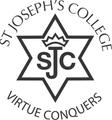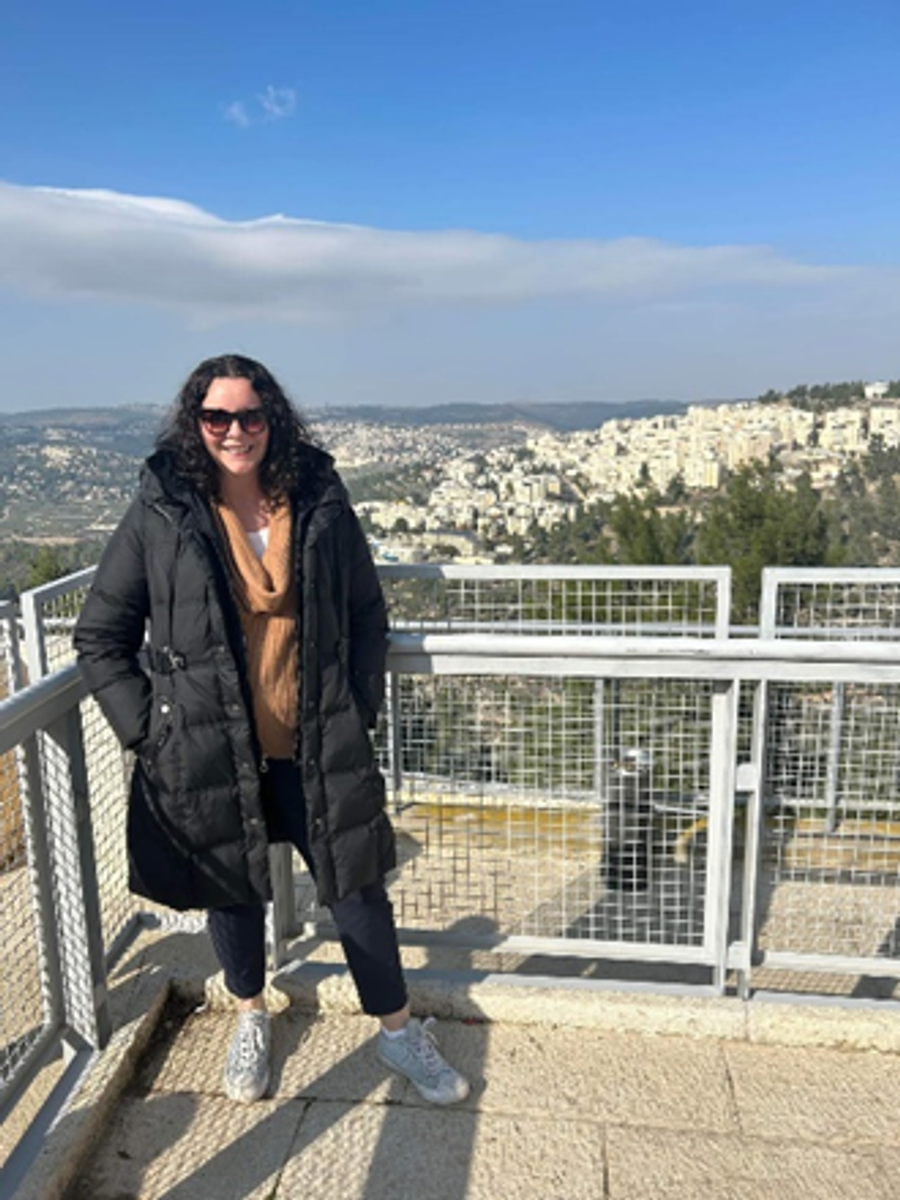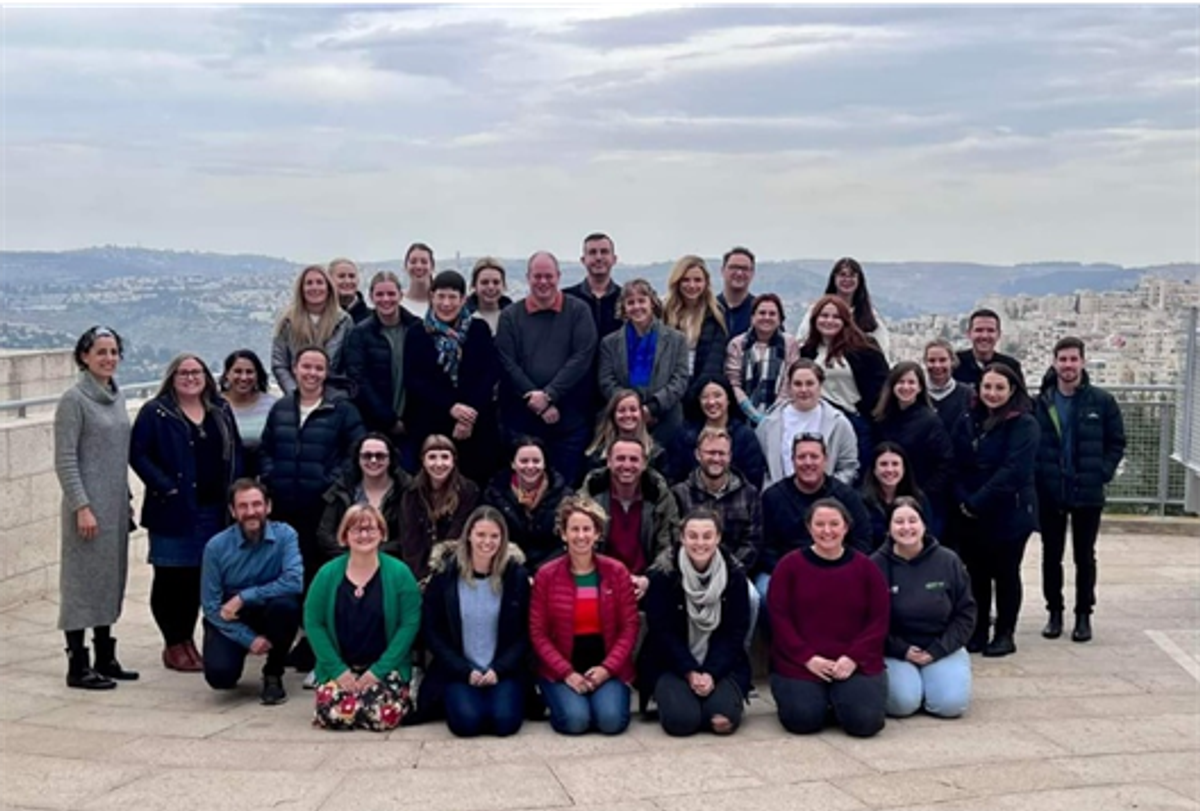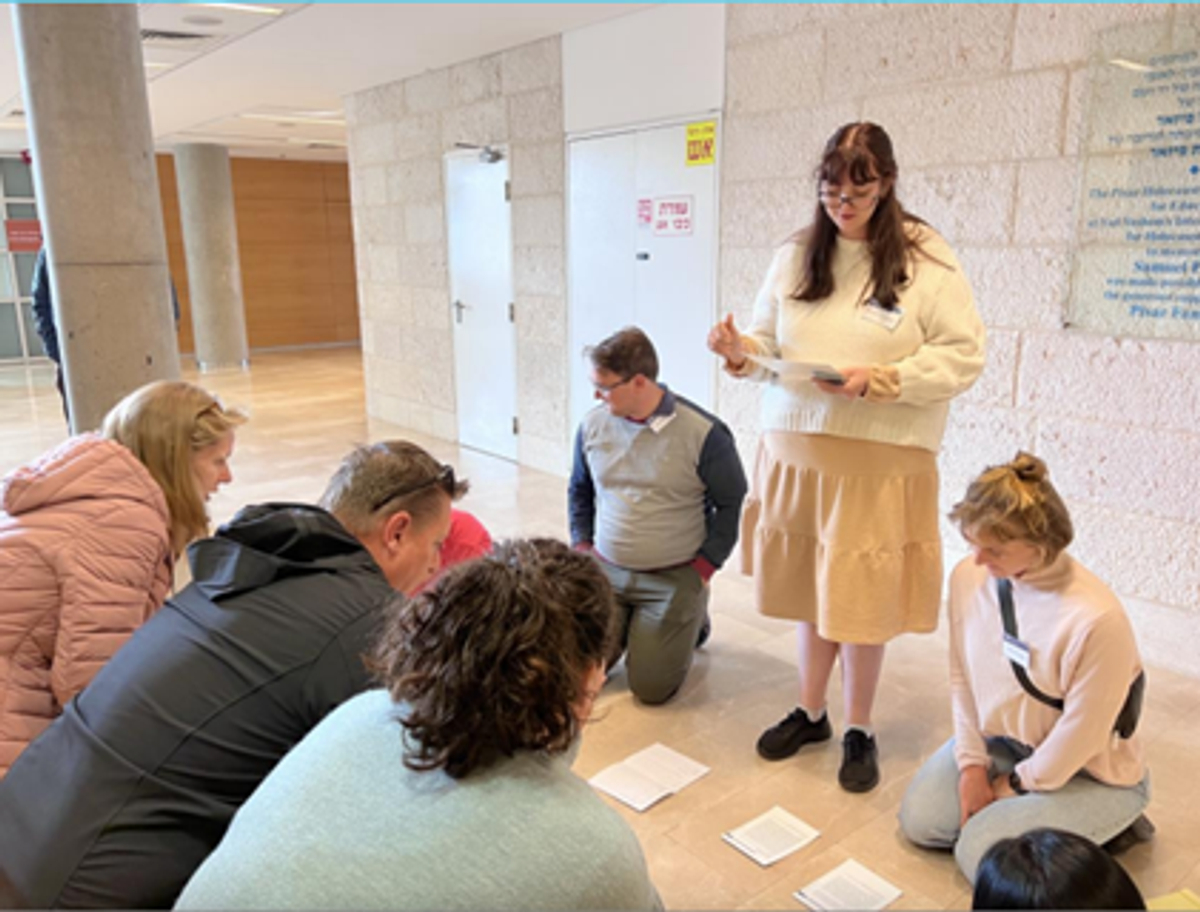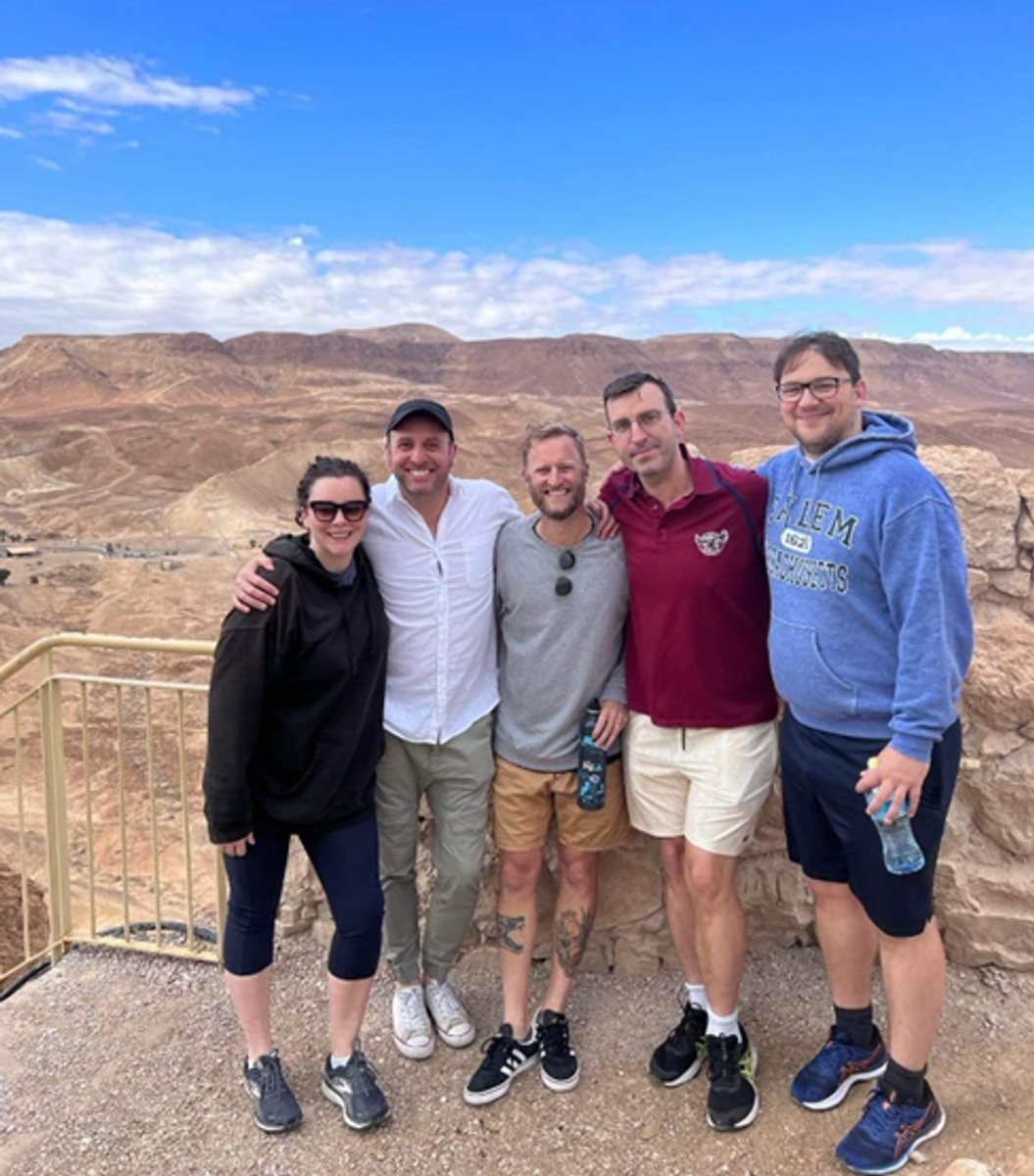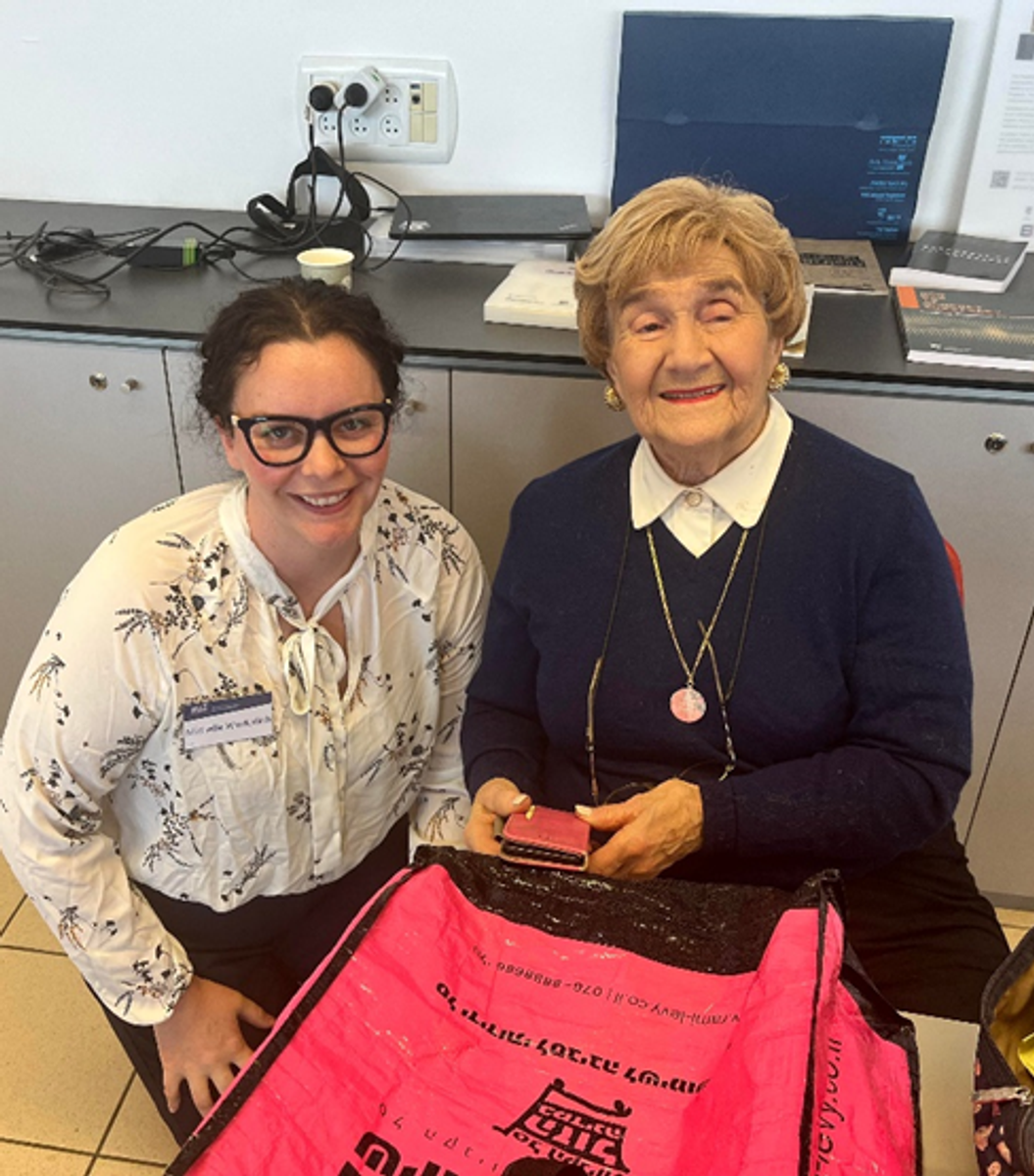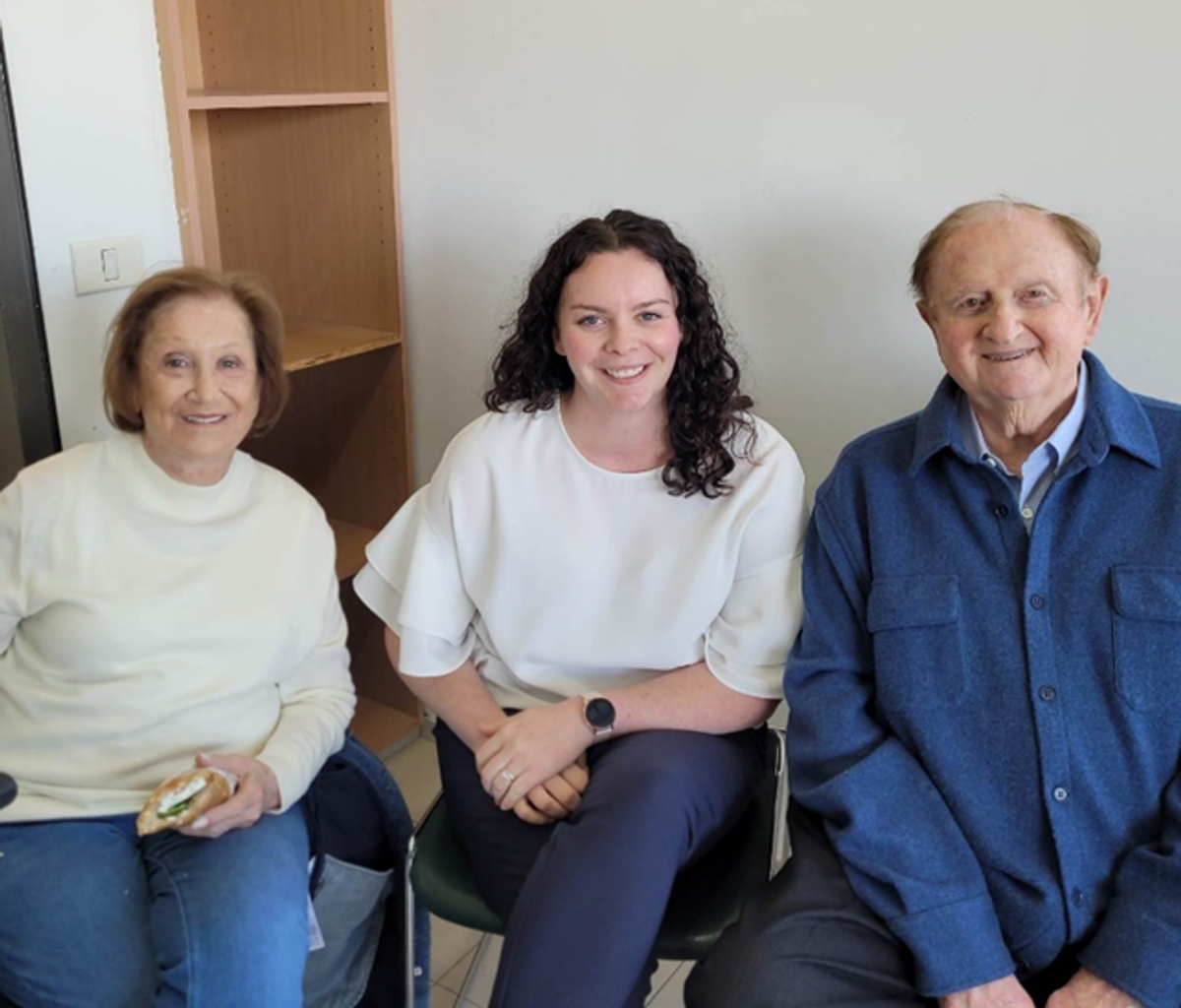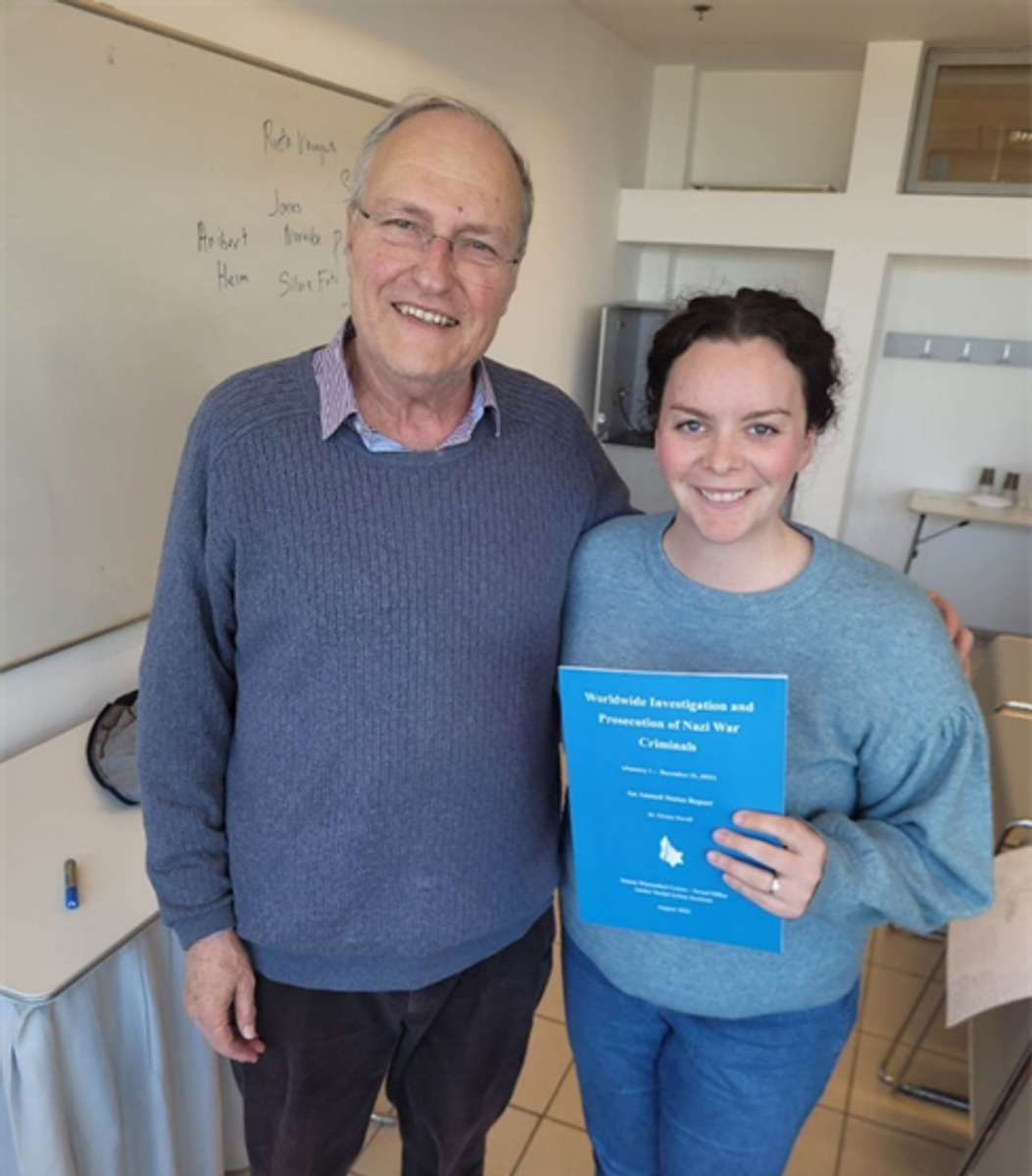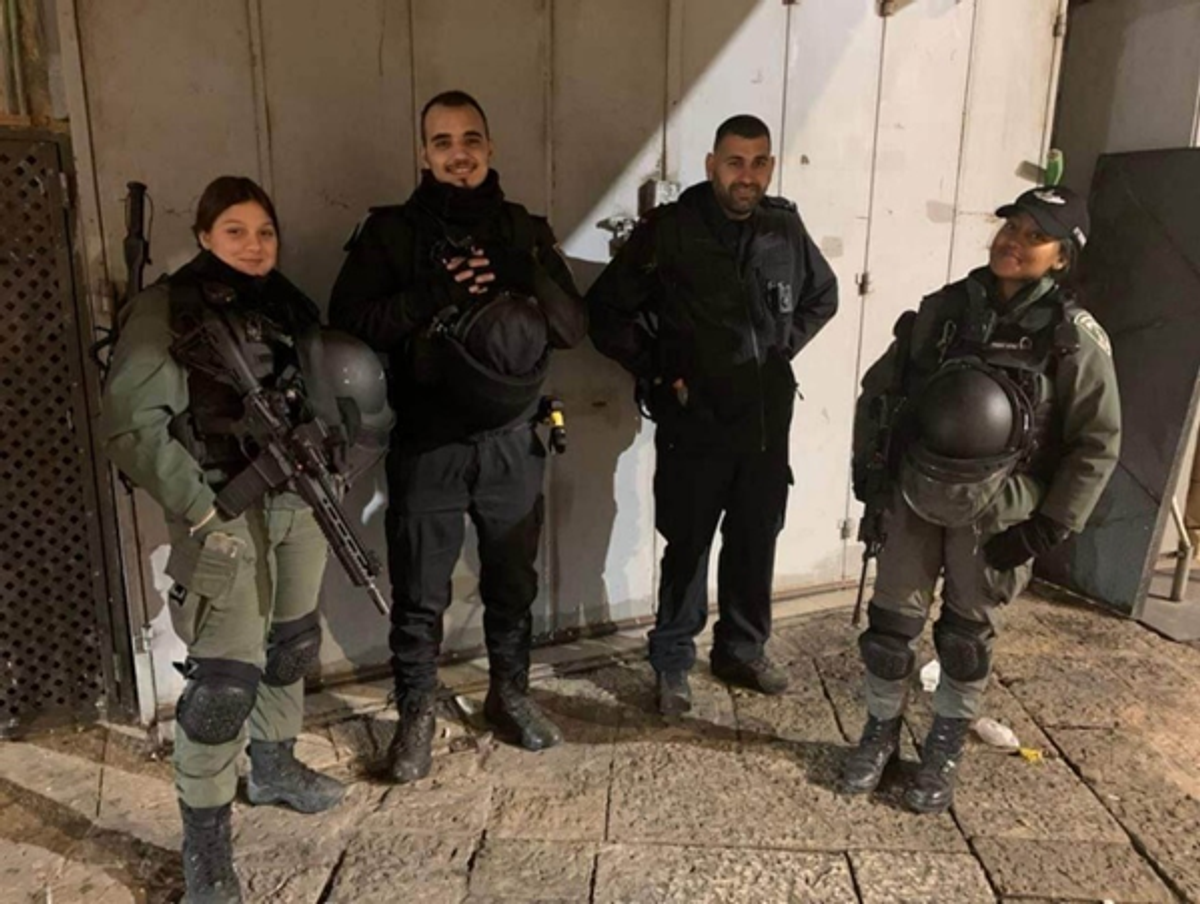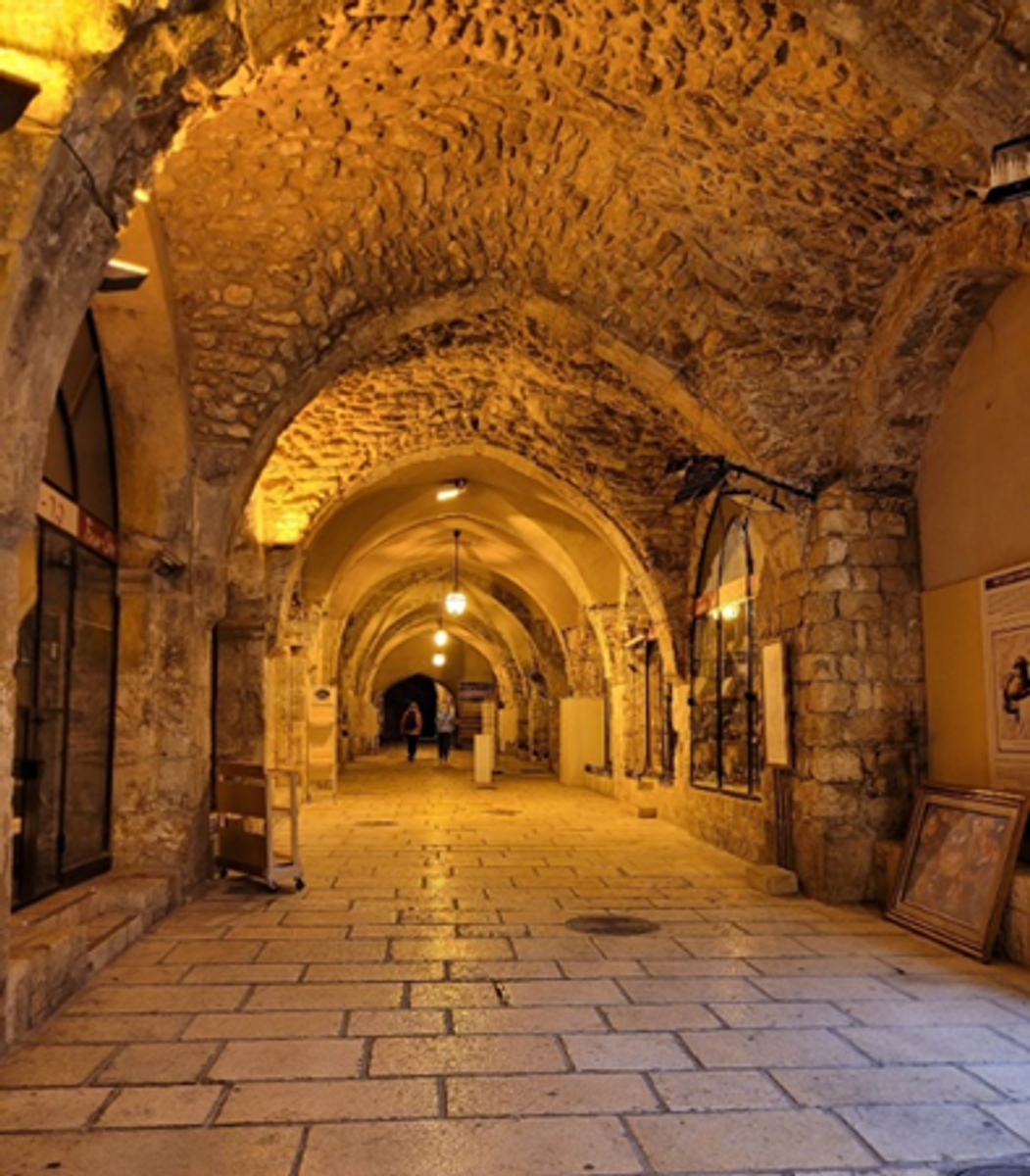STUDY TOUR – ISRAEL
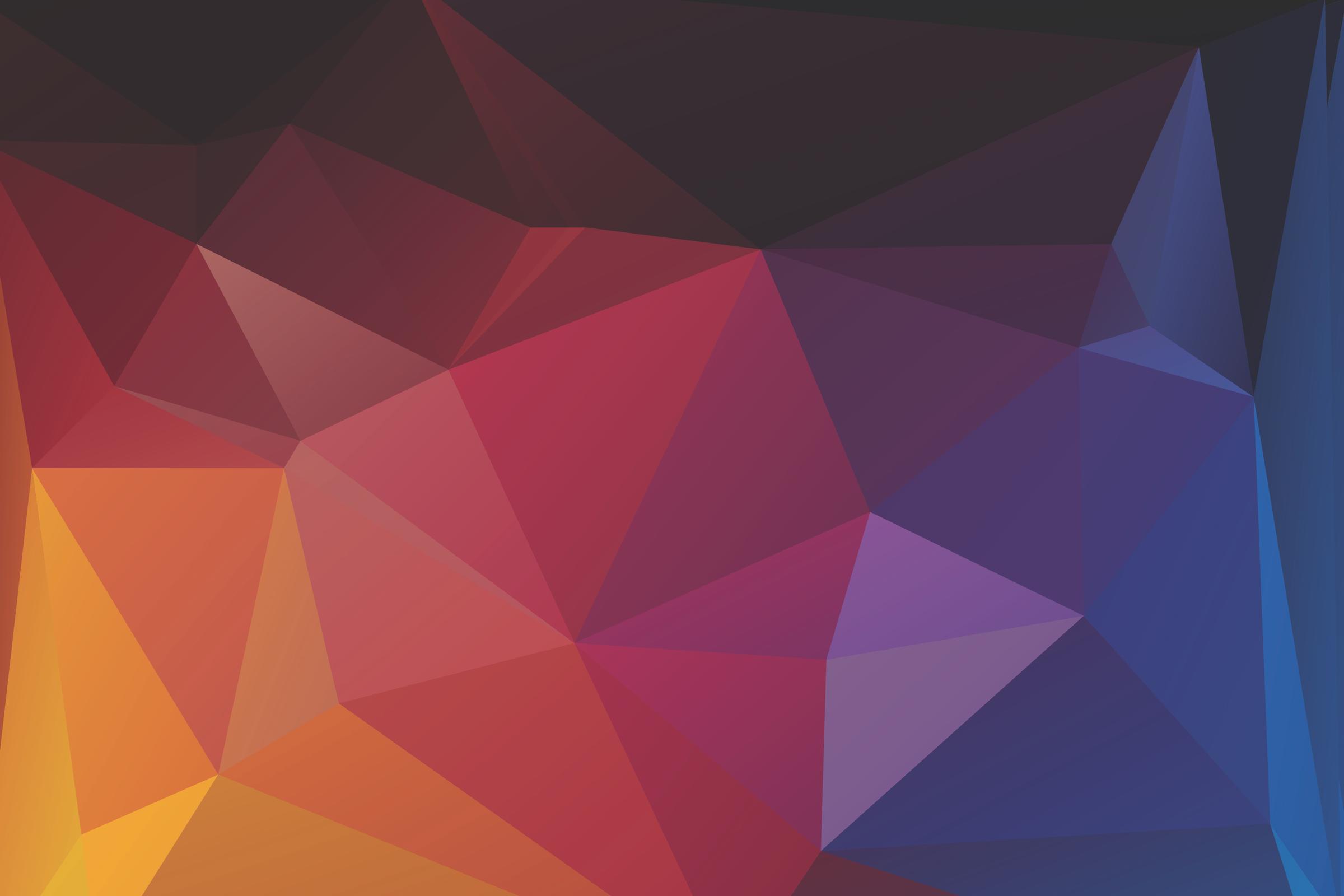
HISTORY TEACHER STUDY TOUR – ISRAEL
The Gandel Holocaust Studies Program for Australian Educators is a professional development program aimed at forming an active and organised network of Australian educators committed to teaching about the Holocaust and its universal implications. The program is sponsored by the Gandel Foundation, a philanthropic organisation with a particular interest in education and training. I was selected and attended in January 2023. I spent three weeks in Israel at Yad Vashem’s International School for Holocaust Studies in Jerusalem. Monday to Friday, our days consisted of lectures, tours and workshops at Yad Vashem from 8:00am to 5:00pm.
The Old City in Jerusalem is an incredible part of the world and is split into quarters: Christian, Jewish, Muslim and Armenian. It is remarkable to be in the company of so many different faiths, such as Judiasm, Islam, Roman Catholicism, Sikhism, Eastern Orthodoxy, etc. A highlight of the city was visiting the Church of the Holy Sepulchre, containing the sites where Jesus was crucified and the tomb where He was buried and resurrected.
Day tours were on Saturdays and Sundays. We attended the Be’er Sheva ANZAC Memorial Centre, The Peres Centre for Peace and Innovation (which showcases Israel's innovation in the world of technology), Masada built by Herod the Great, and the Dead Sea.
I was lucky enough to go to the West Bank on a tour. We went to the wall which separates the West Bank from Israel. Our Palestinian guide explained the water supply from Israel is restricted, so Palestinians had to install rainwater tanks on top of buildings to survive. The level of poverty is clear and contrasts strongly with the wealth in Israel.
My most memorable moments during the course were meeting historian and Nazi Hunter Dr Efraim Zuroff, dining in the home of Holocaust survivor Rena Quint, swimming in the Dead Sea, and meeting John and Pauline Gandel – the heads of the organisation that sponsored the program.
My key takeaways for teaching are:
- Teach the Holocaust through the lens of the Jewish people rather than that of the perpetrators.
- Focus on how Jews survived and resisted rather than how they died. Teach the strength of the human spirit. (Teach the Un-Googleable.)
- Educate about Jewish life before, during, and after World War II.
- Use Jewish testimony.
- Teach critical analysis skills, such as: 'Who took the image? Why?'
- Prioritise ‘safely in, safely out’ because pre-discussions and reflections are vital.
On returning, it is a requirement that a project be delivered in schools and presented at a Melbourne ceremony in November. My project will involve creating a behaviour change program for antisemitism through education. I will work with the House Leaders team to determine what this will look like at St Joseph’s College.
Mrs Michelle Winderlich
Student Inclusion Leader, Geography, History Teacher
